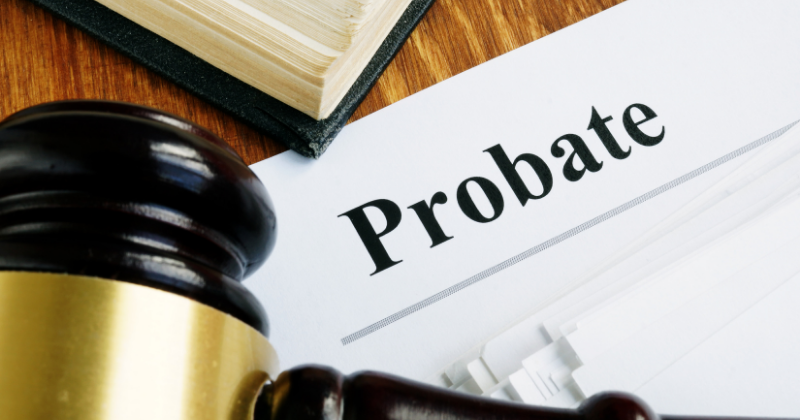
If you die and have a very basic will in place, or if you die without a will, called intestate, your estate must go through the probate process. Probate is the process where the court system settles your estate including paying your bills, distributing your assets and closing out your affairs. Probate is on the public record and can be very time-consuming and expensive, and it can be months and even years before your beneficiaries receive their inheritance and your estate is settled. An estate planning attorney can help you create a legal strategy to protect your assets for your heirs and avoid the cost, time and stress of probate court.
Whether you have a small or a large estate to leave your loved ones, the probate process of transferring your assets to your heirs can be costly and time-consuming. Here are 3 ways an estate planning attorney can help your estate avoid probate in Illinois:
1. Set up a Revocable Living Trust
In a living trust, your assets are transferred during your lifetime. When you die, the trust continues so that the assets do not need to be probated. A living trust may either be created as revocable or irrevocable. Illinois does not use the Uniform Probate Code so it can be beneficial to make a living trust to avoid Illinois’ complex probate process.
2. Establish Joint Ownership of Property
After someone dies, jointly owned property passes to the surviving owner. It is an easy way to avoid probate and does not require any additional paperwork. Illinois’ Joint Tenancy with Right of Survivorship means that two people – typically a husband and wife – co-own the property in equal shares. When one person dies, the other co-owner automatically becomes the owner of the property, even if there is no will. This is called the right of survivorship.
3. Name Beneficiaries on Your Accounts
Life insurance proceeds, savings accounts, retirement benefits and other accounts should have named beneficiaries. If your accounts name your chosen beneficiary, when you die your money in that account is directly transferred to your named beneficiary without undergoing probate.
If you do not name a beneficiary for an insurance policy, pension, or retirement plan, on your death benefits will likely be paid according to Illinois intestacy laws.
If you want your estate to avoid Illinois probate and protect your loved ones after you are gone, an experienced probate lawyer can advise you on the best options for your situation. To talk to a qualified probate attorney in Chicago or Lombard, contact the Estate & Probate Legal Group at 630-687-9100.
We serve Cook, Dupage, Kane, Lake, and Will counties.